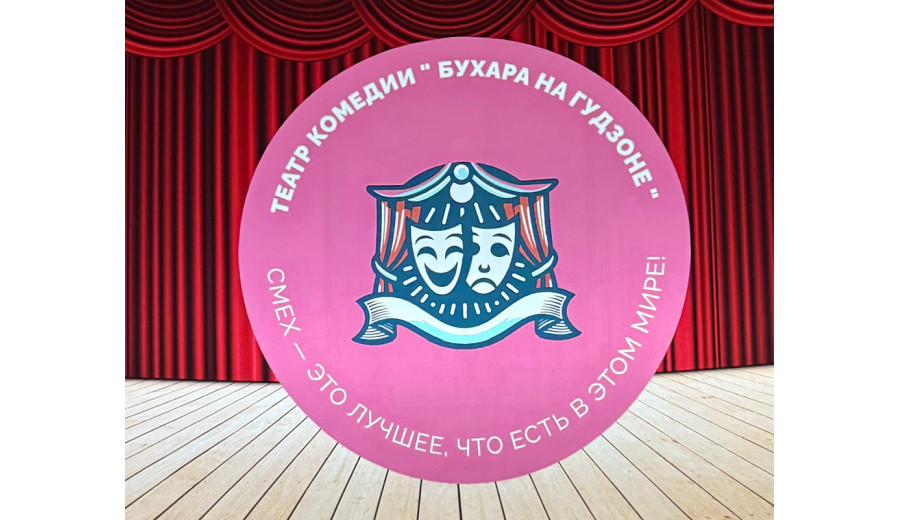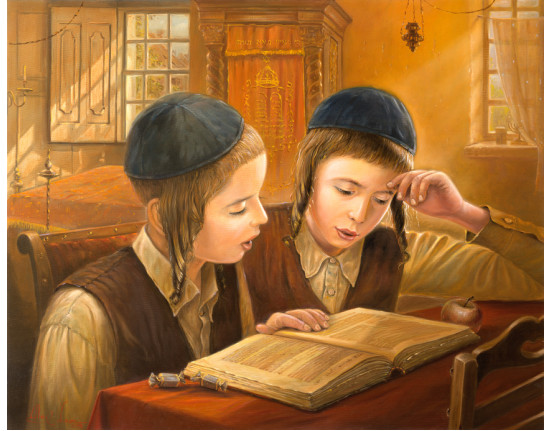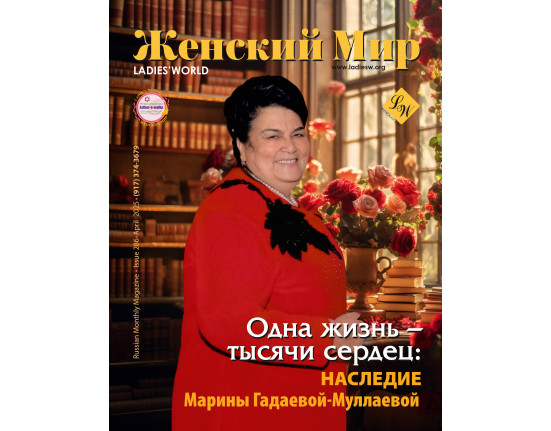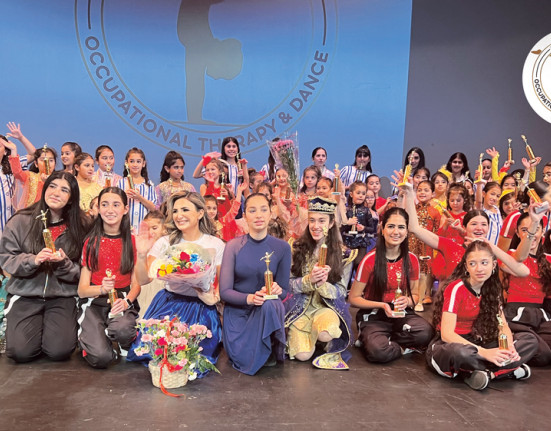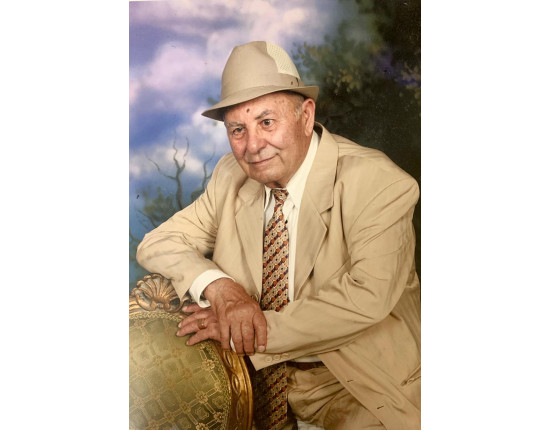On November 1st, 2025, I
attended the 30th anniversary of Bukhara on the Hudson – a compilation
of theatrical performances written and directed by L. Pilosova and her talented
cast, who have shared their art with the Bukharian community for decades. Held
at the Queens Theatre, the hall was filled to capacity. The majority of the
audience appeared to be over thirty, yet the energy that filled the room
transcended age – it was a celebration of identity, endurance, and belonging.
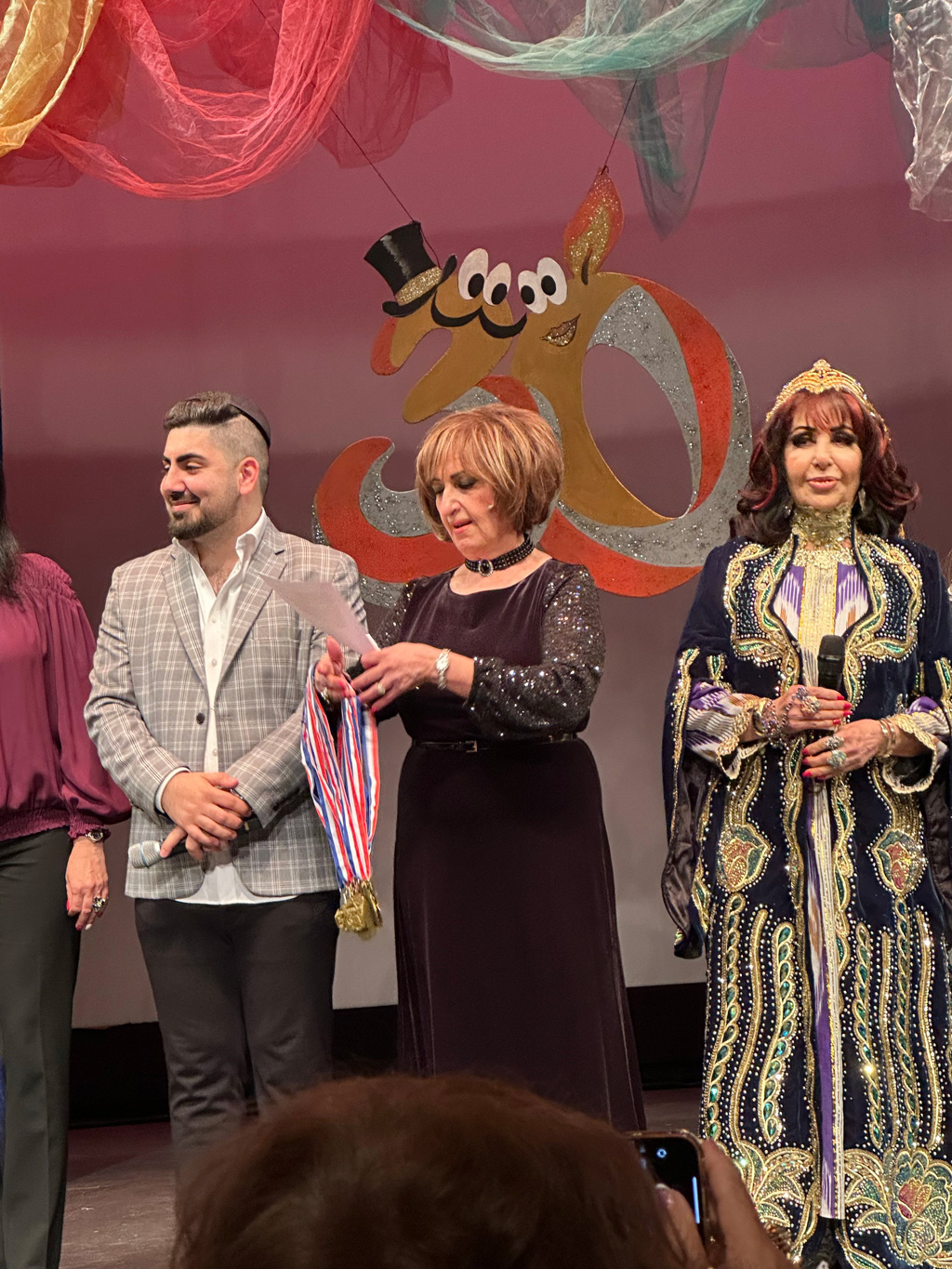 What stood out most to me was
how the playwrights so beautifully wove together the enduring themes of family,
generational struggle, and the immigrant experience. Each skit carried a piece
of the Bukharian story – from the early years of arrival in America to the
trials of building a new life while holding onto old traditions. The
performance touched every layer of society – working class, middle, and upper –
because regardless of where we’ve ended up, we all share one common thread: we
are Bukharian.
What stood out most to me was
how the playwrights so beautifully wove together the enduring themes of family,
generational struggle, and the immigrant experience. Each skit carried a piece
of the Bukharian story – from the early years of arrival in America to the
trials of building a new life while holding onto old traditions. The
performance touched every layer of society – working class, middle, and upper –
because regardless of where we’ve ended up, we all share one common thread: we
are Bukharian.
The show paid homage to our
shared struggle – the sacrifices made by parents and grandparents who left
everything behind in pursuit of the American Dream. Yet, it did so with warmth
and humor. Through laughter, song, and dance, the performers reminded us that
even in hardship, we have always found ways to celebrate life. This ability to
smile through pain, to turn struggle into song, and to laugh even when times
were hardest, is at the heart of what has allowed our community to thrive.
Still, beneath the laughter lay
a sobering truth – a reflection on the cost of success. The message was clear:
in our pursuit to give our children the lives we never had, we may have
neglected ourselves. Lavish weddings, endless sacrifices, and the pressure to
provide sometimes come at the expense of our own well-being. Yet the play urged
balance – a reminder that everything we have is the result of hard work, faith,
and relentless consistency, and those values must be passed on, not just the
rewards.
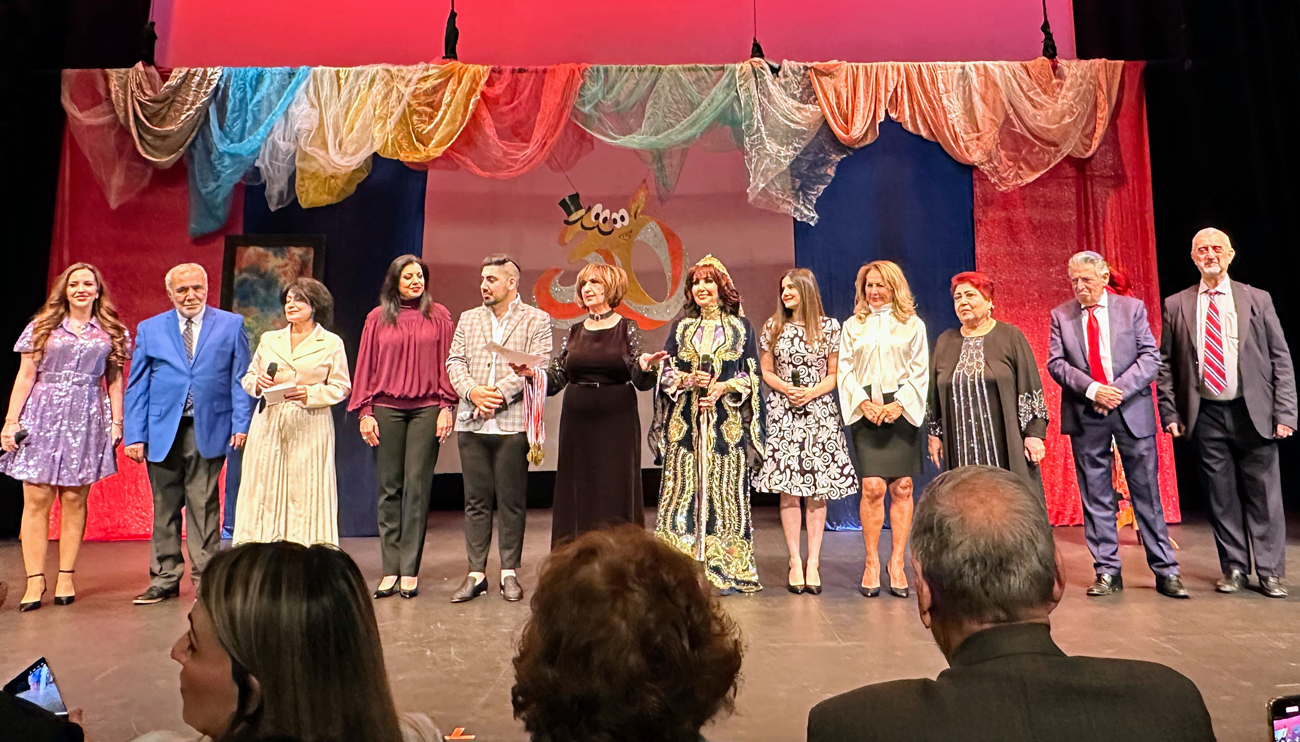 Perhaps the most powerful
tribute of all was to our culture and language. Hearing Bukharian spoken on
stage, seeing traditional humor and references to community life, felt like an
ode to preservation – proof that our culture continues to live, breathe, and
evolve. The inclusion of younger performers was especially meaningful. It
showed that our youth are not only witnesses to this legacy but active
participants in carrying it forward.
Perhaps the most powerful
tribute of all was to our culture and language. Hearing Bukharian spoken on
stage, seeing traditional humor and references to community life, felt like an
ode to preservation – proof that our culture continues to live, breathe, and
evolve. The inclusion of younger performers was especially meaningful. It
showed that our youth are not only witnesses to this legacy but active
participants in carrying it forward.
In the end, Bukhara on the Hudson was more than a theatrical performance – it was a living testament to the Bukharian spirit: resilient, faithful, joyful, and enduring. It reminded us that while our journey in America has been difficult, our ability to dance, laugh, and tell our stories ensures that our culture will never fade – it will continue to thrive through the next generation.
Sarina Kushmakova

